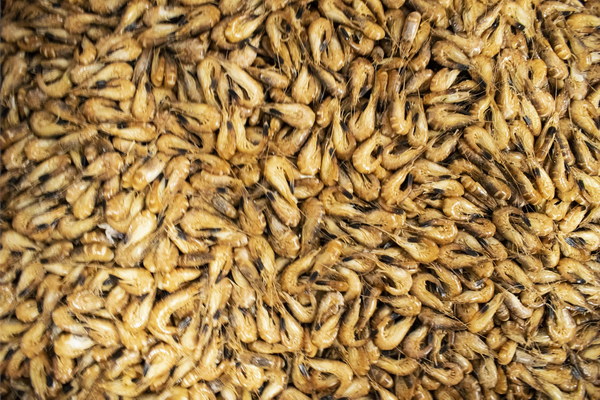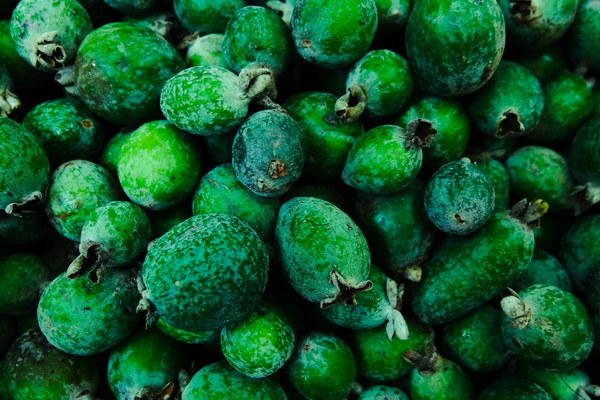Nurturing the Lungs A Comprehensive Guide to Traditional Chinese Medicines Lung Health Practices
In the realm of Traditional Chinese Medicine (TCM), the lungs hold a vital role in maintaining overall health and vitality. This article delves into the key principles and practices of TCM that focus on lung health, offering a comprehensive guide to nurturing the lungs according to ancient wisdom.

Understanding the Lungs in TCM
According to TCM, the lungs are responsible for the intake of oxygen and the release of carbon dioxide, which are essential for the body's energy production. The lungs also play a crucial role in the immune system, as they are the first line of defense against pathogens entering the body through the respiratory tract. The TCM perspective on the lungs is deeply connected to the concept of Qi (vital energy) and the Five Elements theory.
Five Elements and Lung Health
In TCM, the lungs are associated with the Metal element, which is characterized by its ability to transform, refine, and protect. The lungs are said to govern the skin, hair, and the immune system, and are closely linked to the emotion of grief. When the lungs are in balance, the body is strong, and the mind is clear. However, when the lungs are out of balance, symptoms such as cough, asthma, and frequent colds may arise.
Practical Tips for Lung Health
1. Breathing Exercises: Deep, diaphragmatic breathing is a fundamental practice in TCM lung care. Techniques like qigong and tai chi emphasize slow, controlled breathing that can help to strengthen the lungs and improve respiratory function.
2. Herbal Remedies: TCM utilizes a wide range of herbs to support lung health. Some common lung tonics include astragalus, codonopsis, and eleuthero. These herbs are believed to boost the immune system, reduce inflammation, and improve lung function.
3. Nutritional Adjustments: A diet rich in fruits, vegetables, and lean proteins can support lung health. Foods like pears, ginger, and garlic are considered beneficial due to their anti-inflammatory and immune-boosting properties.
4. Avoiding Harmful Substances: Smoking, exposure to air pollution, and excessive alcohol consumption are known to harm the lungs. TCM emphasizes the importance of avoiding these substances to maintain lung health.
5. Emotional Balance: The lungs are closely linked to the emotion of grief, so it's important to address emotional stress through practices like meditation, yoga, or other stress-relief techniques.
Seasonal Considerations
TCM also considers the seasons and their impact on lung health. During the autumn season, when the weather begins to cool, it is especially important to protect the lungs from dryness. This can be achieved by staying hydrated, using a humidifier, and incorporating lung-nourishing foods and herbs into the diet.
Conclusion
The practice of TCM lung health is a holistic approach that addresses the physical, emotional, and spiritual aspects of lung function. By incorporating these traditional practices into daily life, individuals can support their lung health and enhance their overall well-being. Whether through deep breathing exercises, herbal remedies, or emotional balance, TCM offers a rich tapestry of strategies to nurture the lungs according to ancient wisdom.









